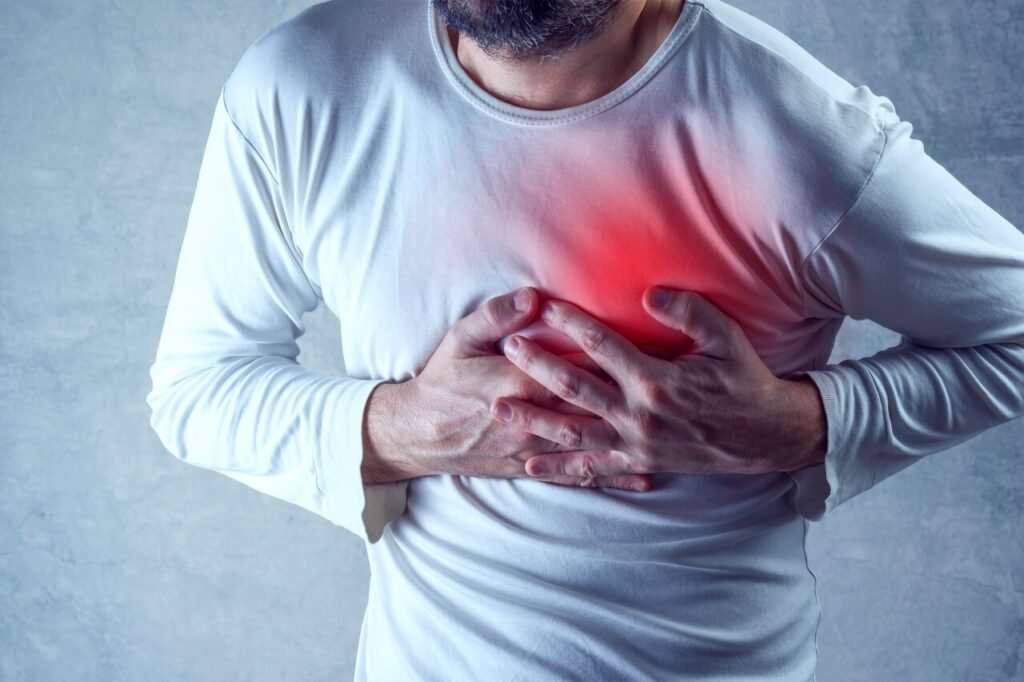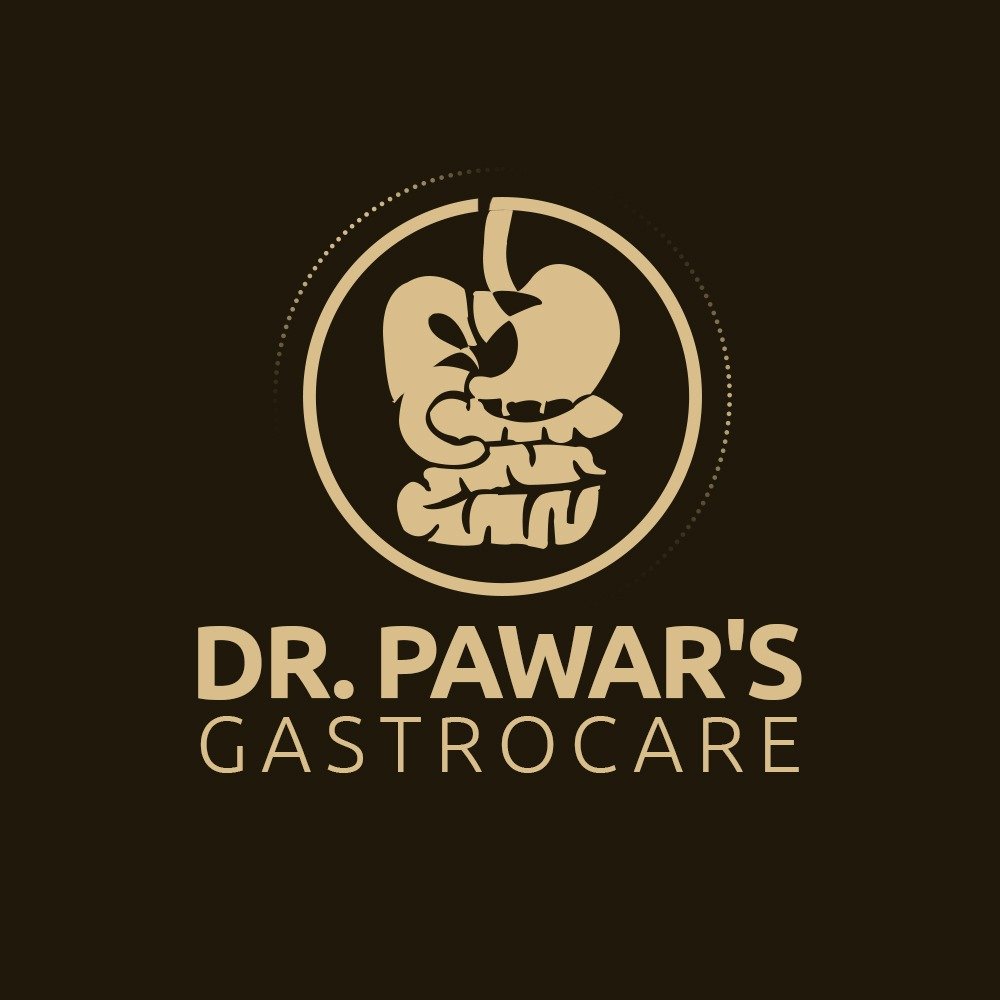GASTROESOPHAGEAL REFLUX DISEASE

Gastroesophageal reflux disease or GERD is the condition where the stomach acid tends to flow back into the esophagus. Esophagus is the tube that connects the mouth with the stomach. When this occurs, it causes inflammation and irritation in the esophagus. The Gastroesophageal reflux disease or GERD is the condition that affects many people time to time. The condition is easily treated with simple lifestyle changes and medications.
Symptoms
The most common symptoms include:
- Frequent heartburn
- Chest pain
- Difficulty swallowing
- Regurgitation of food or sour liquid
- Nausea and vomiting
- Bad breath
- Wearing of tooth enamel
Acid reflux at night could cause persistent cough, asthma and laryngitis along with some sleep issues.
Risk Factors
The risk factors of GERD include:
- Consuming certain diets and beverages frequently
- Eating late at night
- Obesity
- Pregnancy
- Certain disorders like scleroderma
- Smoking and alcohol consumption
- Certain medications
- Hiatus hernia
Treatment of GERD
Treating GERD involves medication with lifestyle changes.
The medication involves neutralizing the stomach acid, reducing the production of acid and healing the esophagus lining.
The surgery is only the last option chosen after the medication and lifestyle changes are not working to the benefit at all.
